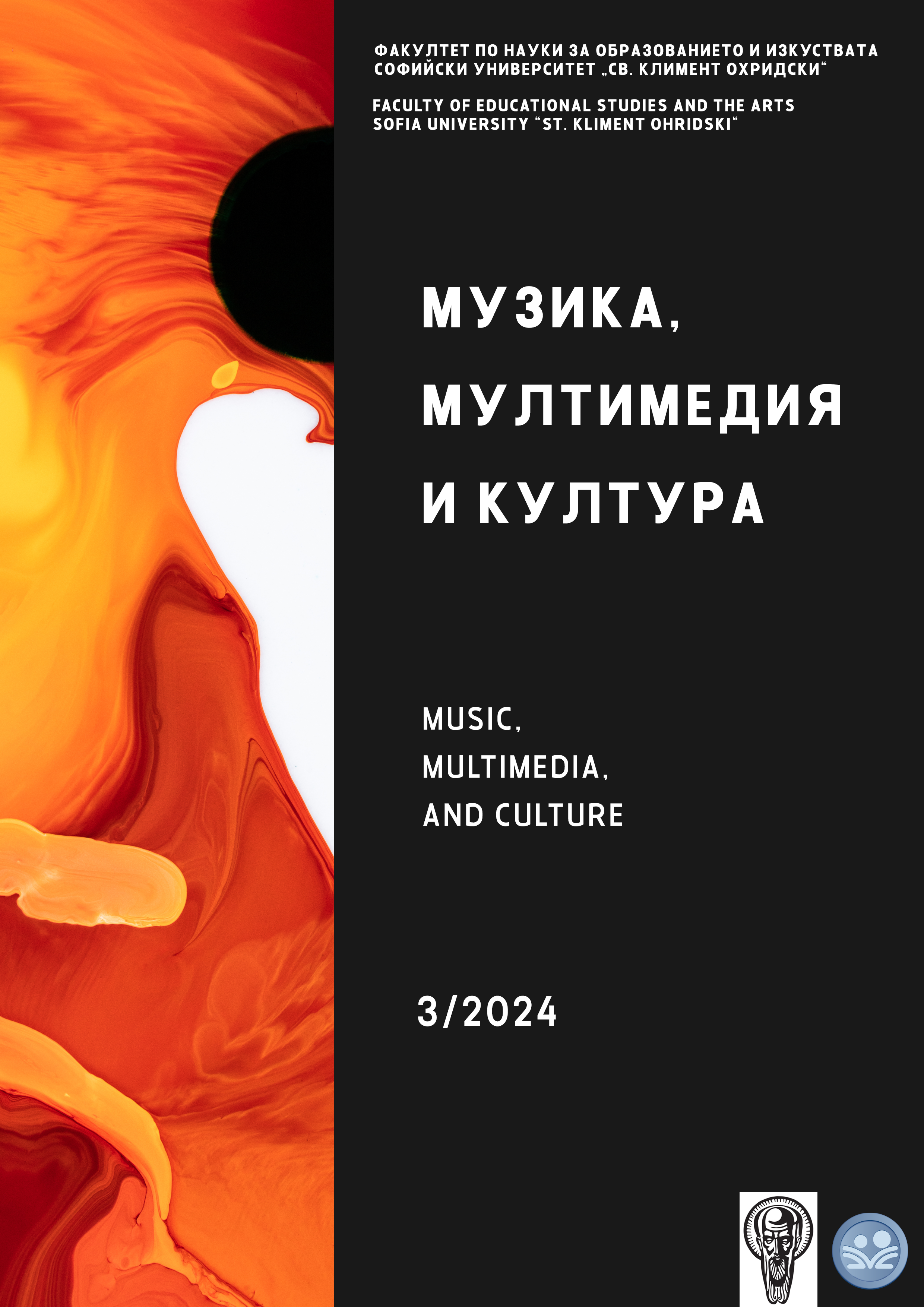FROM THE HISTORY OF BULGARIAN CONCERT EDUCATION PRACTICE
Keywords:
educational concerts, concert programs, age groups, music curriculum, comprehensive school, children’s and youth audienceAbstract
Bulgarian concert life in the field of classical music in the 20s of our century follows the principles of marketing. However, there is no sign of equality between economic efficiency and the achievement of musical educational goals focused on the audience. Although the fact that the creation of new audiences is advertised and prioritized as a goal in the national and municipal programs for financing projects, in practice there is no mechanism for implementing concert educational practices for children, students and youth valid for the entire country. The half-empty concert halls show that one or two generations have already been deprived in terms of a cultivated need to communicate with classical music. The latter is a stated goal in the music curriculum of comprehensive schools in the country, but the question of whether it is achieved remains.
In the recent past, there was a common state strategy for conducting educational concerts in our country, thanks to the State Association MUZIKA. After the closure of the Association in 1990, the implementation of educational concerts with state support was put to an end.
Downloads
Published
Issue
Section
License
Copyright (c) 2025 Юлияна Караатанасова

This work is licensed under a Creative Commons Attribution 4.0 International License.





